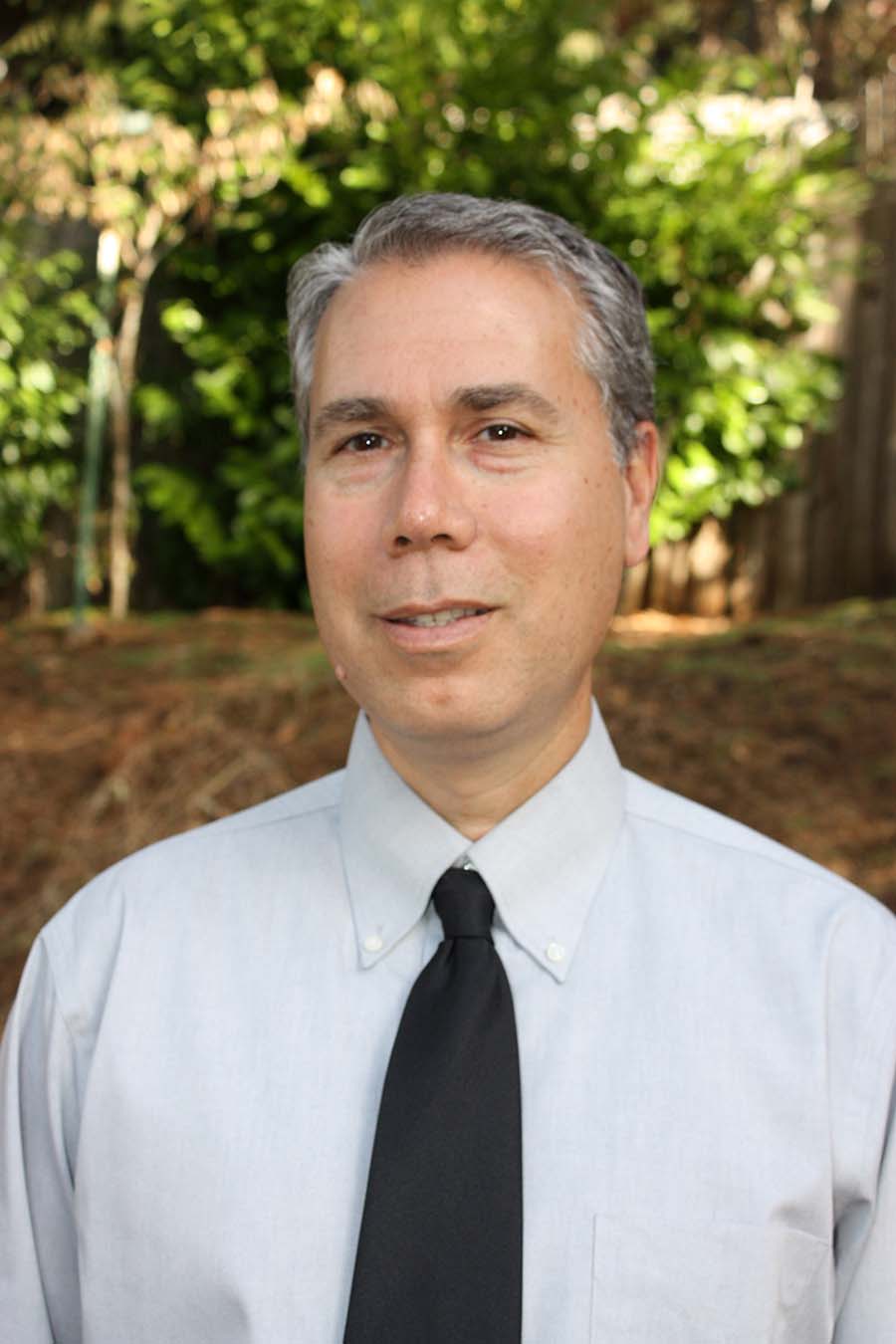David Vázquez Named National Humanities Center 2024-25 Fellow
 American University’s David J. Vázquez has been appointed a National Humanities Center (NHC) 2024-25 Fellow. Vázquez is a Critical Race, Gender, and Culture Studies professor, as well as the director of AU’s Latina/o/x Studies Program. He teaches courses on comparative Latina/o/x literature and culture, comparative ethnic American cultures, critical race theory, environmental justice, ecocriticism, and twentieth-century US Literature.
American University’s David J. Vázquez has been appointed a National Humanities Center (NHC) 2024-25 Fellow. Vázquez is a Critical Race, Gender, and Culture Studies professor, as well as the director of AU’s Latina/o/x Studies Program. He teaches courses on comparative Latina/o/x literature and culture, comparative ethnic American cultures, critical race theory, environmental justice, ecocriticism, and twentieth-century US Literature.
The NHC Fellowship, awarded to just 31 scholars this year, is widely considered one of the most prestigious humanities awards in the world. “We are extremely pleased to be able to support the exciting work of these exceptional scholars,” said Robert D. Newman, president and director of the National Humanities Center. “They were selected from a highly competitive group of applicants representing institutions from across the globe. We look forward to their arrival in the fall as they each contribute their individual brilliance to creating a lively intellectual community.”
American University College of Arts and Sciences Dean Linda Aldoory says she is thrilled to congratulate Vázquez on receiving the Fellowship. “Professor Vázquez’s commitment to advancing knowledge of Latina/o/x history and culture exemplifies the values we cherish at the College of Arts and College. This recognition by the National Humanities Center is a testament to David’s contributions to his field and underscores the caliber of scholarship within our faculty."
Latina/o/x Enters SciFi Conversation
The National Humanities Center will award approximately $1,500,000 in Fellowship grants to enable the selected scholars to take leave from their normal academic duties and pursue research at the Center.
Vázquez says he is “beyond gratified” to be spending the spring semester at the National Humanities Center. “The opportunity to spend a semester reading, writing, and engaging with smart people will afford me the time and energy to get a jump start on my new book project,” he says. “To receive such a prestigious award is both humbling and exciting.”
During the Fellowship, Vázquez will be working drafting Days of Futures Past: Latinx Science Fiction and Speculative Futurity, his fourth book, and getting it ready to submit to an academic press. The project will examine how Latinx authors, artists, and filmmakers imagine the future in science fiction stories, novels, visual art, and film.
“But rather than falling into a utopia/dystopia binary, authors and artists like the ones I consider imagine futures that remain connected with the past. For example, authors like Junot Díaz, Richie Narvaez, or Kalinda Vazquez remind us of the horrors of colonization and slavery and demonstrate in their works how these pasts shape our futures,” he explains. “Others, like Sabrina Vourvoulias, Alejandro Morales, and Alex Rivera imagine futures rooted in contemporary debates about immigration, pandemics, and technology.”
The final section of Vázquez’s book will explore utopian dreaming by authors and artists like Alex Rivera’s AI visual imaginings of Mayan space travel, Rosaura Sánchez and Beatrice Pita’s collaborative novel Lunar Braceros: 2125-2148, and visual art by Wanda Raimundi-Ortiz. “These authors and artists use their works to explore tensions between the desire for utopian possibilities and the challenges to their fulfillment at the hands of capitalism, colonialism, and environmental destruction,” he says.
Vázquez hopes the book will intervene in the scholarly conversation around science fiction, which still remains a predominantly white genre. “I insist, flowing from the observations of scholars like Lazaro Lima, that we not cede imagining the future as an all-white endeavor,” says. “Instead, the authors and artists I consider in the book make claims for more just and equitable futures for all people and for the natural world.”